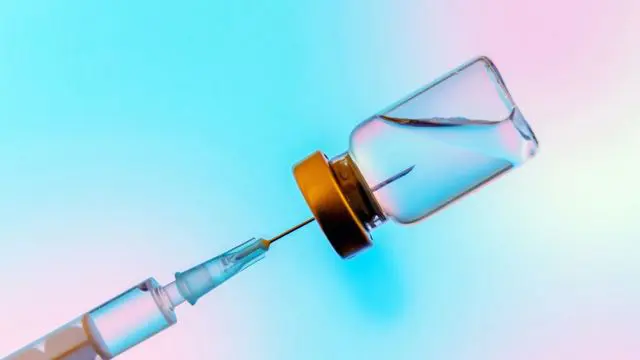Nanoengineers from the University of California at San Diego have developed a prototype vaccine against a new type of coronavirus based on plant viruses: one of its main advantages is heat resistance.
Researchers have made two prototype COVID-19 vaccines. The first is based on the cowpea mosaic virus, the second is from a bacterial virus, or bacteriophage called Q beta.
Both vaccines were made in a similar manner. The authors of the new work used cowpea plants and E. coli bacteria in order to make millions of copies of the plant virus and bacteriophage: these were nanoparticles in the shape of a ball.
The researchers collected these nanoparticles and then attached a small piece of SARS-CoV-2 spike protein to their surface. The result is something akin to an infectious virus: the immune system can recognize it, but it is not infectious to animals or humans. A small piece of spike protein attached to the surface stimulates the body to develop an immune response against the coronavirus.
The authors note that plant viruses and bacteriophages can help in the production of vaccines and add new properties to the finished product. For example, such a product will be cheaper and does not require serious infrastructure for production.
Also, nanoparticles are stable at high temperatures, so vaccines can be stored without refrigeration.
Coronavirus found “instructions” on how to suppress innate immunity
Biologists led by Yale University professor Joan Steitz discovered that the genome of the new type of coronavirus contains instructions for the production of short RNA molecules that suppress the genes of innate immunity.
Human and other animal cells can produce short strands of RNA that detect the presence and control the activity of certain genes.
The authors of the new work found that COVID-19 acts in a similar way in order to hide its presence inside cells and suppress the work of their innate immunity in the first phases of infection.
In order to understand how the virus works, the authors observed how short RNA molecules that the body produces interact with the viral genome in infected cells. The researchers monitored changes in the activity of proteins responsible for the preparation and transport of microRNAs, as well as shifts in the activity of various human and viral genes.
As a result, it turned out that the penetration of coronavirus into human cells has almost no effect on what types of microRNA they produce. At the same time, scientists discovered that the viral gene ORF-7a contains instructions for assembling a short RNA molecule, dubbed vmiR-5p.







